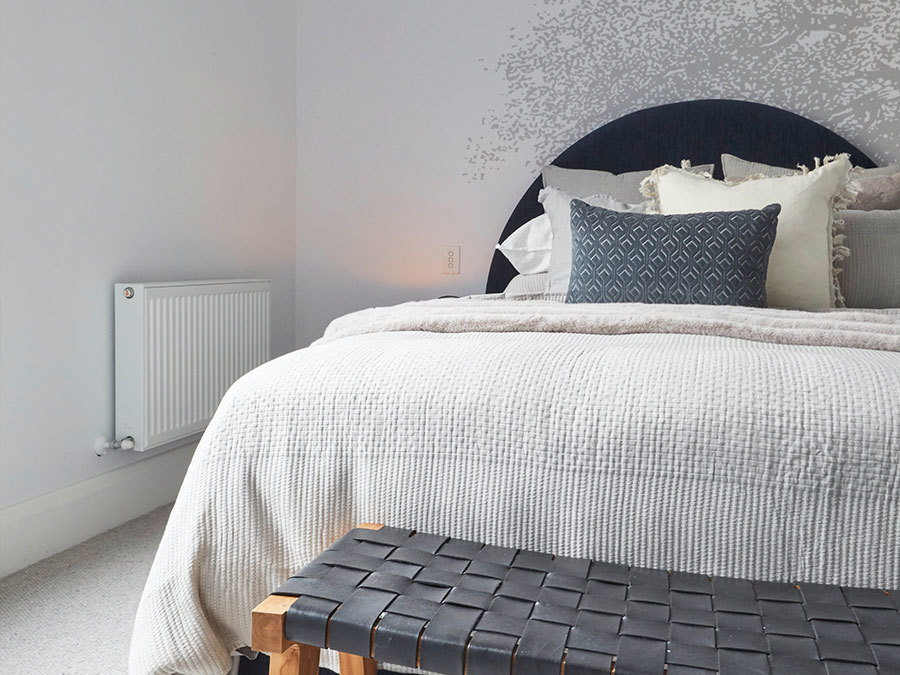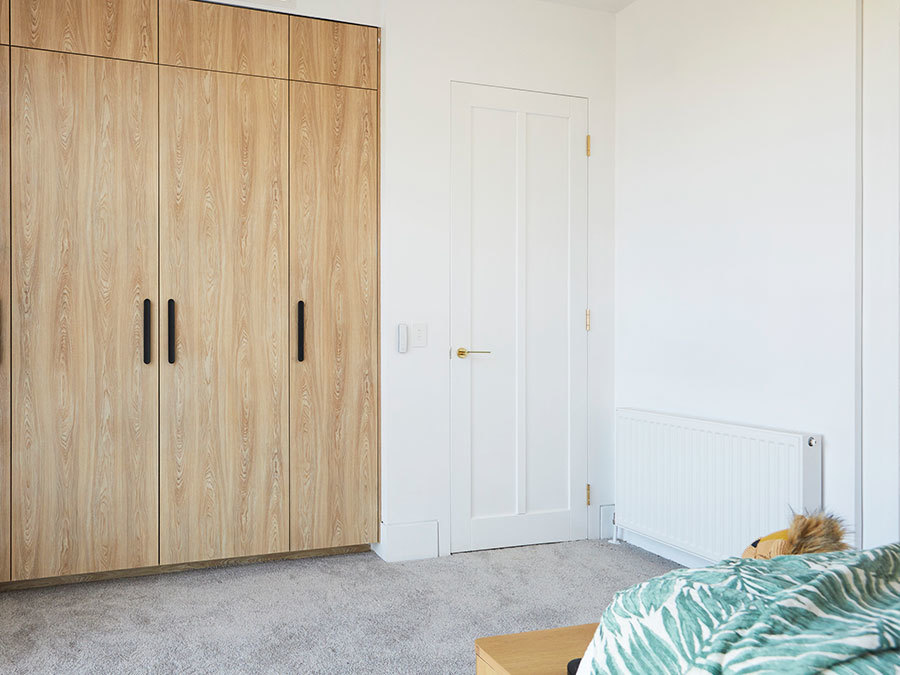Hydronic Heating on The Block: Your Home's New Must Have
This year on The Block, we’re seeing contestants take innovative approaches to transform their era houses into luxurious, comfortable homes – including the addition of hydronic heating throughout.
But what is hydronic heating? Read on to discover all the information you need to know about this easy and comfortable method of heating your home, including how it works, and why you should consider it in your next project.
What is hydronic heating?
Hydronic heating is a method of home heating that uses warm water to create natural radiant heat that warms entire spaces. A hydronic system heats water in a boiler or heat pump that lives in the wall, and moves the water through a series of pipes that are either hidden in your slab, a layer on top of your floor called a screed, or in radiator panels or towel rails installed throughout your home.
What makes hydronic heating so efficient?
Hydronic heating is one of the most efficient ways to heat your home. Traditional air heating methods rely on forcing warm air throughout the house, resulting in uneven distribution and heat retention. Hydronic heating radiates out for a more even distribution of warmth, which means more comfortable, even heat throughout every space.
What about cost?
Hydronic heating can have a larger initial set up cost than other forms of home heating, however with its efficient method of operation, leads to lower running costs over time.
Can any home be fitted with hydronic Heating?
If you’re looking to install hydronic heating, it is much easier in new builds as it can be built into the slab from the get-go. It’s not impossible to install in already built homes though, as in-screen and radiator hydronic heating can be easily integrated.
If you're interested in hydronic heating, you can discover how it might look for your home's unique configuration with a free quote and product list here. Simply submit your plans and we'll provide all of the info you need to bring hydronics into your home.
Is hydronic heating healthy?
Hydronic heating is family friendly. Producing a gentle, safe and hygienic form of radiant heat, hydronic heating doesn’t circulate dust, bacteria or other allergens like some other heating methods, which means improved air quality and an overall healthier living space.

